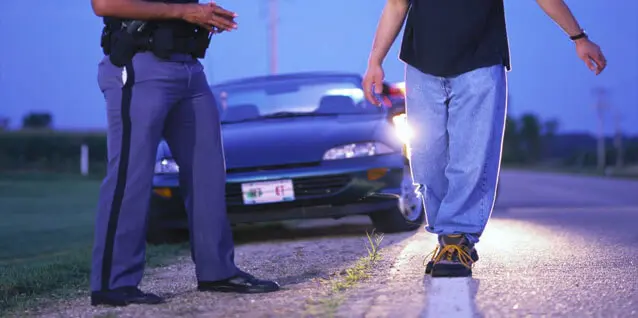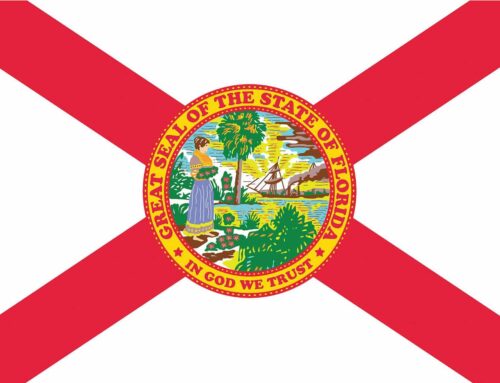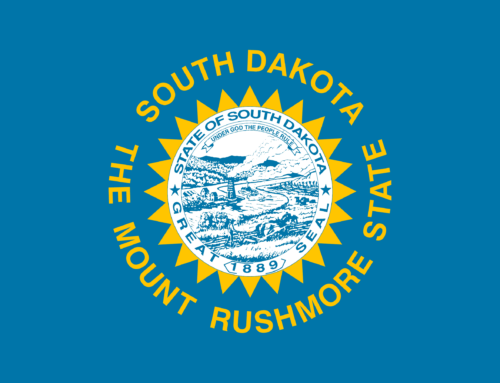The bad news is that your rates are almost certainly going to go up. That’s because as soon as you have a DUI conviction, the insurance industry regards you as a “high-risk driver.”
The good news is that there are some things you can do to soften the financial hit. But you need to understand a little bit about how high-risk car insurance works.
That said, the increase in insurance premiums is only one of several potential consequences of a DUI.
Here’s what you can expect.
1.) Your current carrier may drop you.
Some insurance carriers don’t want any high-risk drivers on their books at all. Every insurance company has a different appetite for risk, and some of them just don’t want any at all. Others actually like insuring riskier drivers, as long as they can charge a premium that reflects the risk.
But as soon as you get a citation for a DUI (not even a conviction), you need to start thinking about shopping around. Get a series of quotes from an independent insurance agent who specializes in the high-risk auto insurance market, and who can shop your application around at multiple carriers. Not just the carrier with their name on the sign outside of his office in the strip mall.
Nationally, car insurance premiums skyrocket following a DUI. By an average of 74% according to a Forbes analysis.
In contrast, car insurance rates go up by “only” 41% after a car accident, and 21% after having an accident. In other words, the actuaries crunching the numbers at insurance companies assess people with a DUI in the past as riskier bets than people who have actually had accidents, or who are simply reckless drivers and speeders when sober.
The effect is different depending on your state: Florida carriers appear to be the most forgiving of a DUI in the country, with average premium increases of just 33%. But North Carolina’s a different story: Following a DUI in North Carolina, car insurance carriers in that state increase premiums by an average of 314%.
The hit might not be immediate. But you’ll see the premium increase when you renew your policy.
If they let you renew.
3.) Your license will be suspended.
Again, the specific laws vary by state. But you can expect a period of license suspension following a DUI conviction. 90 days is common for a first-offense. For second and subsequent DUI offenses, the suspensions become longer and longer – ranging from a year to a lifetime.
However, you may be able to get your license reinstated earlier by having an engine interlock device installed on your vehicle, or by getting an insurance company to file a form SR 22 with your states Department of Motor Vehicles.
Which brings us to…
4.) You may be required to file an SR22 form.
Actually, you don’t file an SR22. Your insurance company does. SR22 is is a form your insurance company files with the state. It verifies to the state DMV that you are currently carrying at least the required minimum insurance coverage on your vehicle. It also confirms to your state DMV that the insurance company will inform them if your insurance policy lapses or is cancelled for any reason. At which time the DMV will promptly revoke your drivers license until you send them a new SR-22.
Most carriers or agents will file an SR22 on your behalf if you ask them. But they’ll charge you a filing fee of $50 to $100 to do it.
The best way to do it is to work through an agent who specializes in high-risk/DUI car insurance. These agents have more experience in dealing with the different state DMVs, and have invested in the ALEERS system, which allows them to file SR22s electronically in most states. This reduces the potential for delays and errors. And if your license is suspended, filing electronically may enable you to get your license reinstated days sooner.
So you can get back on the road.
In some states – Florida and Virginia – state law requires an FR44 form. This form serves a similar function to the SR22, except that it also confirms to the state that you have purchased an increased level of liability insurance coverage.
Which brings us to…
5.) You may be required to buy more liability insurance.
This is the case in the FR44 states. These state legislators have determined that certain drivers – including ones with a DUI record – present an increased danger to other drivers on the road. And so they require these carriers to provide extra coverage. So that any other drivers or pedestrians they may injure, or whose property they damage, can be more assured of compensation for medical bills, property loss, job loss, pain and suffering, and other damages.
This isn’t a terrible thing: It’s a good idea to carry as much liability insurance as you can afford, anyway, and the normal state minimums are nowhere near adequate to protect either drivers or victims.
But the extra insurance coverage will make your premiums go up even higher than they otherwise might be.
Another silver lining: Owning more liability insurance to protect others may also increase your ability to buy uninsured motorist insurance to protect yourself. Carriers usually won’t allow drivers to buy more uninsured motorist coverage to protect themselves than they carry in liability insurance to protect others.
How Long Will My Insurance Premiums Be Higher After a DUI?
It depends on your state and your carrier. But in most situations, you can expect to be paying higher insurance premiums for at least three to five years following a DUI.
The SR22 requirement normally lasts for three years. So that will keep your premiums high. But if you have a policy lapse, your three-year SR22 clock might start all over again, depending on the state. So don’t let your coverage lapse!
It also matters how long your state keeps DUI incidents on your driving record. In some states, including Alaska and Arizona, a DUI will stay on your official record for life. In Florida, it stays on your record for 75 years.
Even after the SR22 period ends, you could still see an indirect effect on your insurance premiums. For example, you might not be in the “high risk” pool anymore. But in California, you won’t be eligible for a “good driver” discount for 10 years after a DUI.
Shop Around for High-Risk SR22 Car Insurance.
If you’ve been cited for a DUI, the insurance industry already considers you to be a “high risk driver.” But every insurance carrier prices this kind of risk differently. Some are more forgiving of a single incident than others. Some are more tolerant of a 2nd or subsequent offense than others.
Others will price insurance very differently depending on your location, age, marital status, and credit history. Just by shopping around, you can potentially save thousands of dollars per year on high-risk car insurance.
For these reasons, it’s important to shop around a wide range of different insurance companies after your first DUI – and any time your risk profile changes.
The best way to do that is to call an independent car insurance broker. Not a “captive” agent who can only write business for a single company.
At Select Insurance Group, our whole agency is built around serving the higher-risk driver. The ones who’ve made some mistakes, or who have some dings on their record.
There are techniques, underwriting strategies, and best practices for higher-risk drivers that we use to get the best value possible for our customers that aren’t common knowledge among car insurance agents who don’t specialize in SR22 and non-standard risk drivers.
With us, a single phone call can result in quotes from many different insurance companies, all competing for your business.
To get started, call us at (855) 438-7353. Or fill out our easy online form here.
See you on the road.
Steve “Mr. Insurance” Ludwig
CEO, Select Insurance Group
More “Must Know” Stuff for High Risk Drivers
How Much Does a DUI Cost?
6 Cheap DUI Car Insurance Mistakes Drivers Make
High-Risk Driver? Here’s Why Your Current Car Insurance Agent Might Suck






